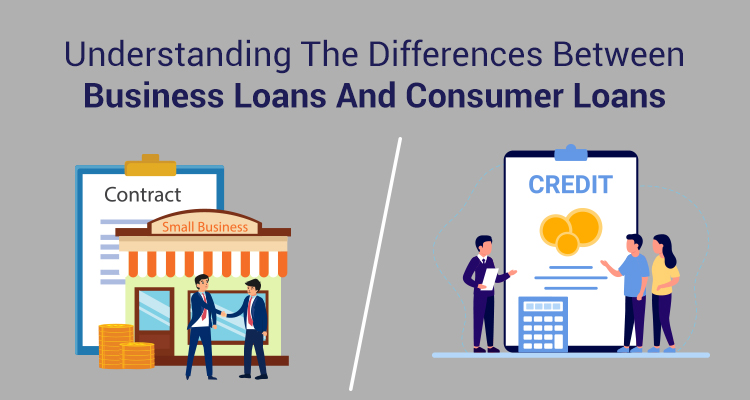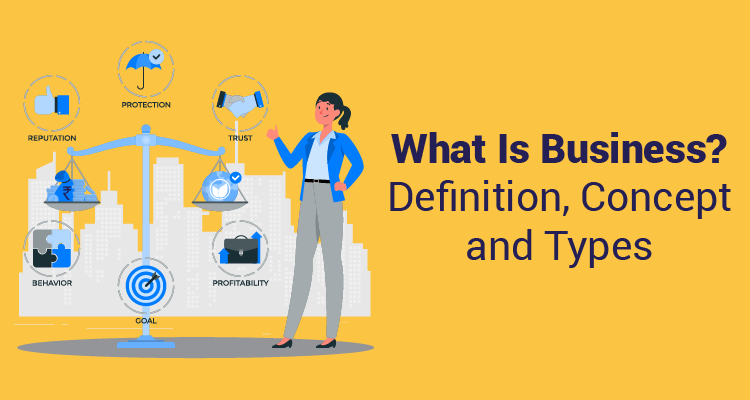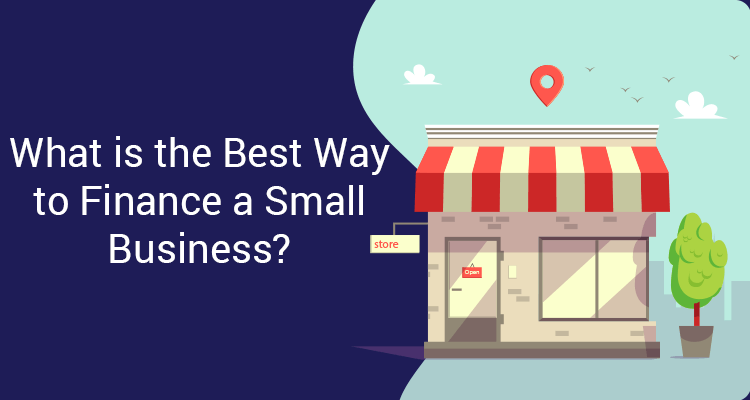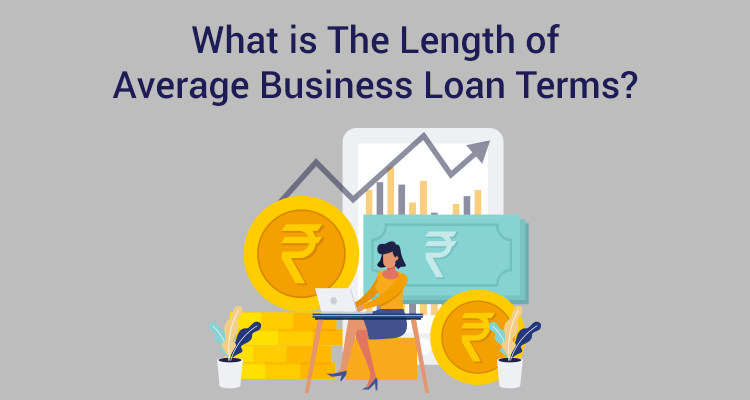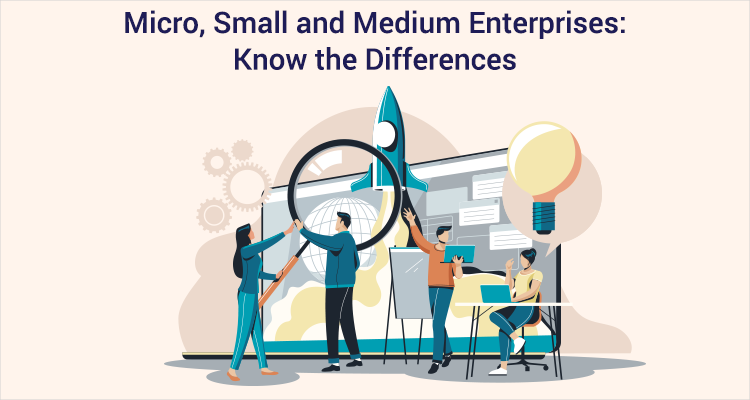Understanding The Differences Between Business Loans And Consumer Loans
Table of Contents
People borrow money for distinct reasons--to become an entrepreneur, pursue higher education, renovate a home, seek wanderlust, or for a medical emergency. Since loans serve different purposes, their types also vary from each other. Anyone approaching a financial institution for a loan must know what they need—a business or a consumer loan and explore their key differences to make an informed decision.
Purpose Of The Loan
The primary difference between business and consumer loans lies in their purpose. Business loans are specifically designed to finance business-related expenses, such as starting a new venture, business expansion, buying inventory, or investing in equipment.
On the other hand, consumer loans are meant for personal use, covering expenses such as education, medical bills, home renovations, vehicle purchases, travelling, or marriage.
Loan Application Process and Eligibility
A business loan requires an exhaustive application procedure since it involves a larger capital, and more is at stake here. So, lenders will keenly scrutinize the applicant’s financial statements, business plan, and creditworthiness to assess the business' viability and potential to repay the loan. They will consider many factors, such as the business’ tenure or how long it has been around, its plans, expected profitability or financial projection.
However, the application process for consumer loans is relatively more straightforward, focusing on the individual’s income, employment status, credit history, and personal identification documents. So, the lender will only check basic eligibility such as age, credit history, credit score and monthly income.
Loan Amount and Repayment Tenure
Businesses often require a bigger capital and are ongoing, so lenders are willing to provide larger loan amounts to support their growth. The repayment tenure for business loans varies from a few years to decades, depending on the purpose and the terms agreed upon. In contrast, consumer loans usually have smaller loan amounts for personal expenses and, thus, shorter repayment periods, generally ranging from a few months to a few years. Thus, business loans typically have higher loan amounts and longer repayment times than consumer loans.Interest Rates and Processing Fees
Interest rates and fees for business and consumer loans differ due to the varying levels of risk involved. Business loans usually have lower interest rates than consumer loans because the lender considers the business’s potential for profitability and growth. Usually, collateral is pledged for this type of secured loan. On the other hand, consumer loans typically have higher interest rates due to the perceived higher risk associated with individual borrowers, which are unsecured loans. Besides, business loans may involve processing fees, loan origination fees, and other charges specific to the business sector, whereas consumer loans generally have more standardized fee structures.Sapna aapka. Business Loan Humara.
Apply NowCollateral and Guarantees
Business loans often require collateral or guarantees to secure the loan amount. Lenders may ask for assets such as property, inventory, or equipment to be pledged as collateral to mitigate the risk of default. Personal guarantees from business owners or directors may also be required. In contrast, consumer loans typically do not require collateral since they are based on the individual’s creditworthiness and income.Documentation Requirements
Business loans necessitate more extensive documentation compared to consumer loans. In addition to personal identification documents and income proof, business loans require documents related to the business, such as business registration certificates, financial statements, tax returns, and business plans. Consumer loans primarily require personal identification documents, income proof, bank statements, and address proof.Other Differences
Besides the above-mentioned major pointers, the two kinds of loans are also different on other accounts. These areTax Benefits:
While a personal loan does not come with any tax benefit, business owners can avail of it to an extent. The availability and amount vary from lender to lender.Disbursal Time:
Consumer loans have a shorter waiting time to get the sanctioned loan amount and may take up to three days. A business loan takes much longer due to the risks involved, as the lender needs to consider substantial due diligence.Terms Of Using The Loan:
A consumer may use the loan amount for any purpose, but the business owner can use the loan amount only for business activities.Conclusion:
Understanding the differences between business and consumer loans is crucial for individuals and entrepreneurs seeking financial support. While business loans aid business-related expenses with larger amounts and longer tenures, consumer loans cater to personal needs with smaller amounts and shorter repayment periods. By comprehending these distinctions, borrowers can choose the right type of loan that aligns with their requirements.
Whether entrepreneurial journey or personal, IIFL has an array of tailor-made loans for your unique requirements, at attractive rates.
Sapna aapka. Business Loan Humara.
Apply NowDisclaimer : The information in this blog is for general purposes only and may change without notice. It does not constitute legal, tax, or financial advice. Readers should seek professional guidance and make decisions at their own discretion. IIFL Finance is not liable for any reliance on this content. Read more
